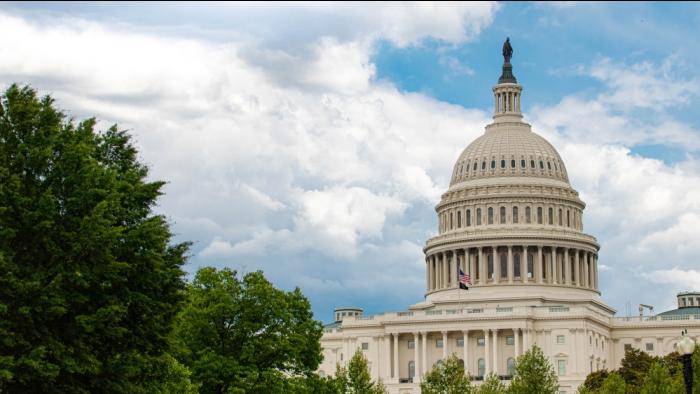This afternoon, the Centers for Medicare and Medicaid Services (CMS) released the Calendar Year (CY) 2026 Medicare Physician Fee Schedule Proposed Rule. STS has compiled a summary of the rule’s key provisions affecting cardiothoracic surgery.
Physician Payment
Starting in calendar year (CY) 2026, the Centers for Medicare & Medicaid Services (CMS) will introduce two distinct conversion factors under the Medicare Access and CHIP Reauthorization Act (MACRA). Clinicians participating in Advanced Alternative Payment Models (APMs) will receive a conversion factor of $33.59, which reflects a 3.83 percent increase. Meanwhile, all other fee-for-service clinicians under the Merit-based Incentive Payment System (MIPS) will have a conversion factor of $33.42, representing a 3.32 percent increase. This new structure of two conversion factors replaces the previous lump-sum bonuses for physicians participating in APMs. Additionally, this is the first time in several years that CMS has proposed a positive adjustment to the conversion factor.
It is important to note that reimbursement still lags behind inflation.
Efficiency Adjustment
CMS also is proposing a new efficiency adjustment that will affect work relative value units (RVUs) and the intra-service time component of non-time-based services, where it believes efficiencies have been gained over time in the delivery of care. This adjustment has the potential to reduce overall payments by approximately 1% for most surgeons. STS is conducting further analyses to assess the impact of this adjustment on our membership.
Practice Expenses
CMS has updated the indirect practice expense methodology, which involves shifting costs from facility-based to non-facility-based services. Under this new approach, only 50% of the physician work related to facility-based services will be included in the indirect cost calculation. As a result, there will be a significant shift in payments across different sites of service. Specifically, physician payments for facility-based care are expected to decrease by 7%, while payments for non-facility-based care will increase by 4%. STS is currently reviewing how this change in practice expense will affect CT procedures.
Quality Payment Program (QPP)
CMS is moving forward with the requirement for mandatory subgroup reporting for all multispecialty groups participating in a MIPS Value Pathway (MVP) during the 2026 performance year, which affects payment for CY 2028. Currently, cardiothoracic surgery measures are included in the Surgical Care MVP. This group of measures is designed for surgical specialists to report separately from traditional MIPS. STS has submitted detailed recommendations to CMS to improve the Surgical Care MVP.
Deregulation Request for Information (RFI)
CMS is seeking feedback on ways to streamline regulations and reduce administrative burdens on providers and other stakeholders participating in the Medicare program. STS has previously responded to similar RFIs, offering recommendations to use existing clinical data registries instead of extraneous quality programs like MIPS, to reconsider global surgical package poster-operative data reporting, and to rescind the Appropriate Use Criteria program.
